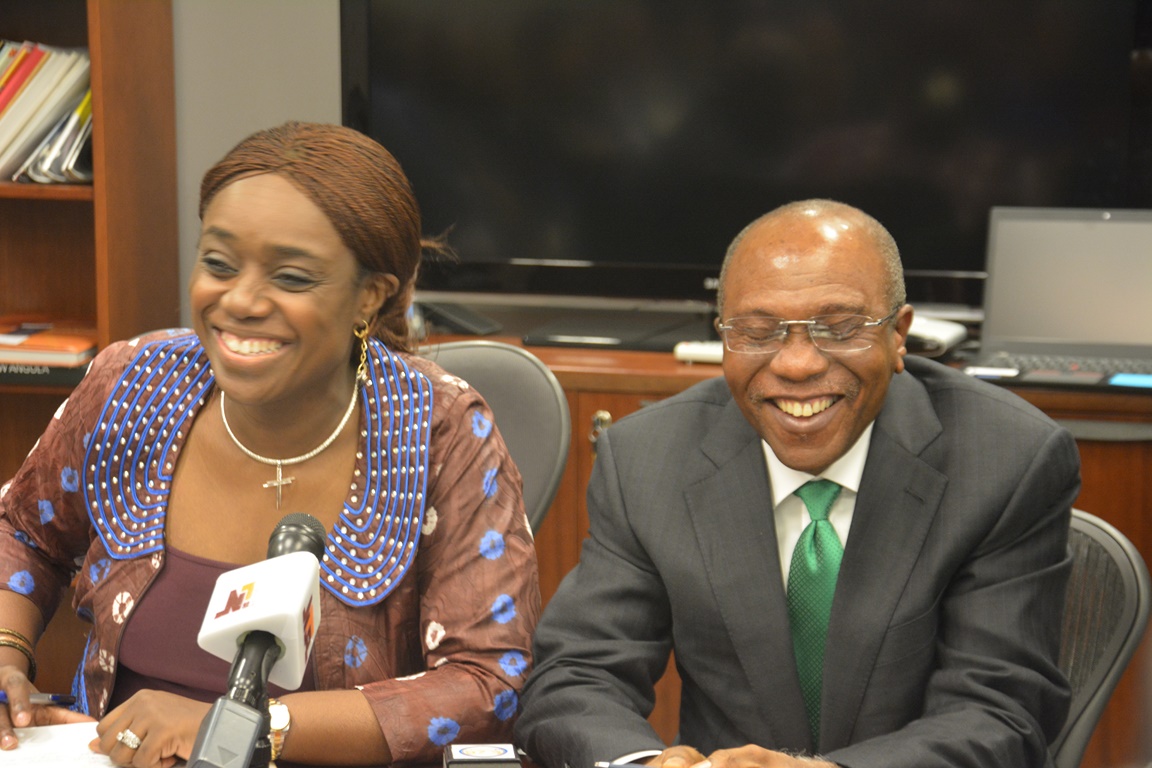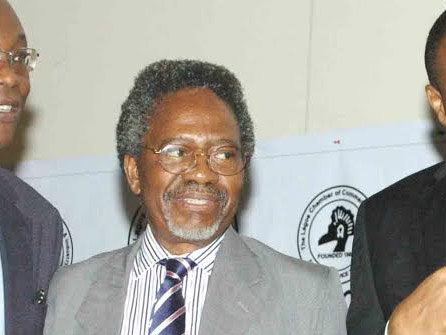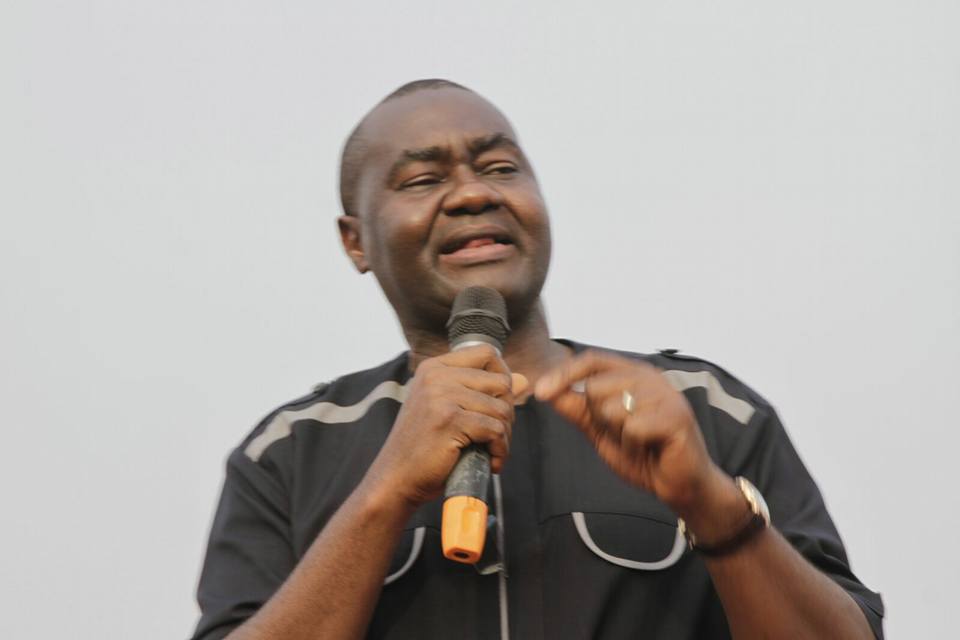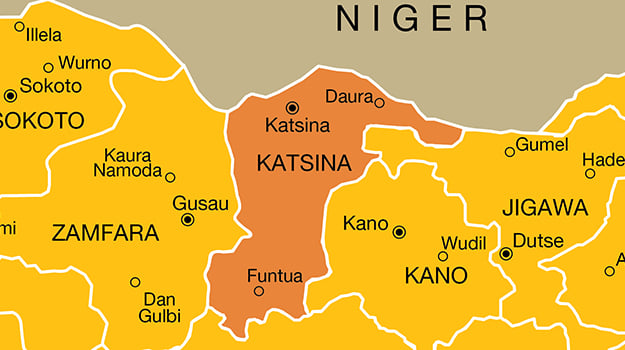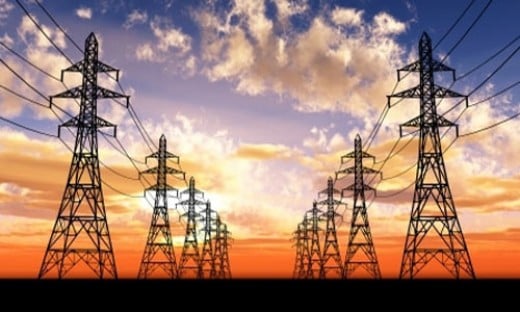Lukman Otunuga, research analyst with FXTM, a leading forex broker specializing in currency, stocks and commodities trading, spoke with TheCable on devaluation of the naira, getting out of recession, imminent low oil prices, and the general state of the Nigerian economy. Otunuga, whose market analysis is often cited by MarketWatch, CNBC, NASDAQ, Reuters, AFP, The Guardian, and Yahoo, holds a BSc degree in economics from the University of Essex, UK and an M.Sc in finance from London School of Business and Finance.
TheCable: In 2016, you said the naira would be devalued, fuel subsidy would be removed, and that the 2016 budget deficit was going to affect the economy. We have seen this happen, and a shift in policies. Do you think these shifts are good for the economy?
Otunuga: It’s a double-edged sword in the sense that the reason why the government maintained such a staunch stance is because they were putting the consideration of Nigerians in focus and of course removing subsidy and devaluing the naira will impact Nigerians. But for them to move ahead with the world economy and eventually do this is to allow direct investments come back fully. Markets are constantly watching the economic policies Nigeria is taking. There must be stability, there must be transparency for FDI (foreign direct investment), and this is what Nigeria really needs in 2017.
In 2016, you also said there will be a hike in US interest rate, and it would affect Nigeria, and that we have also seen. Considering that we are expecting a number of hikes in 2017, how can Nigeria best prepare?
Advertisement
As of now, in the first three to six months, Nigeria still remains exposed to external risks. The two keys ones are the possibility of high US rates, which would make a stronger dollar. It is not a case of what Nigeria can do, it is just how they can waiver around it. Right now, the major impact on Nigeria is inflation. You know we are dealing with cost-push inflation. In December, it was 18.55 percent. The problem behind this is that we have a situation where producers do not have the ability to get dollars at the official rate. So, they use the black market and by using the black market, they push the cost back to consumers.
This is what is happening, and this is almost very hard for the CBN to tame. So in three to six months, there is a very strong possibility of the Central Bank of Nigeria devaluing the naira, yet again, from 305 to probably 350 to 400 to increase liquidity and attract investors.
If they do that, will it not push the parallel market further?
Advertisement
If they do that, it has the ability to pushing the parallel market further to 550 to 600. You have to keep in mind, that the main reason why the parallel market exploded into uncharted territories was because we had recession fears, hike in US rates, and weak oil. So, the combination of these three left the naira vulnerable to extreme loses. But if you look at the positivity we have this year, the World Bank and the IMF predicted that Nigeria is going to break out of recession in 2017, you know everybody is a bit optimistic about Eurobond. Even though the CBN devaluing may weaken the naira, it is not going to have a hard impact, because people will see that they are doing this to increase FDI and stability.
We have seen foreign reserves rise by about $3bn in about a month. If we continue at this pace, would it be a wise decision for the CBN to continue supporting the naira?
I see where you are coming from, but I think in this situation, the best thing is for CBN to hold the reserves. They are keeping the naira artificially high at 305 and this has created scarcity. I think it is best to let the reserves grow and that would effectively mean they would devalue the naira.
If they devalue the naira, is there a way to close up the gap between the parallel and the official market price?
Advertisement
This is what they are trying to do by devaluing. I think right now there is 40 percent spread, what I feel is that if they can get the naira to 350 or 400, instantaneously will actually cause the black market to trade at 550, 600. In the event where Nigeria is able to move along to get Eurobond, where major financial institution give Nigeria money needed to stabilise, effectively there would be improved sentiment towards Nigeria. This will close the gap between the markets.
Are we saying that the CBN cannot actually do anything to close the gap except these things happen?
Yes, you know the next step is fiscal policies, working on infrastructure; power, this is outside the CBN. All the CBN can do is work on monetary policies to try to close the gap.
With rising oil prices, does Nigeria still need a $29.9 billion loan?
Advertisement
The rising oil prices is not a done deal. This takes us back to the budget. The budget for 2017, they are looking at oil prices to stabilise at $45, and N305/$1 and pumping about 2.2 million barrels a day. I have said we plan to see a devaluation, so the fund is already affected. Secondly, oil prices trading at $50 right now is probably not sustainable.
OPEC and non-OPEC have actually been trying to cut oil production but US Shale and Donald Trump have removed regulations, so US shale may jump back into the market, and we could actually see $40 or even lower. Finally, 2.2 million barrels a day is not realistic right now. In December, Nigeria was pumping 1.45 million barrels, I don’t know how they are going to jump from 1.45 to 2 million plus. The last time Nigeria pumped 2.2 million was before the 2008 crisis.
Advertisement
With all these negatives, do you see Nigeria getting out of recession in 2017?
Yes, let us see how six months from now goes. You have to keep in mind that this is an inflection point for Nigeria. 2017 is a make or break; it could be the year where everyone gets everything together, where government settles with Niger Delta Avengers, where oil prices actually stabilise, where CBN also devalues the naira to try to bring back FDI. Or it could be a year where everything goes against us, where Nigeria sinks deeper into the abyss.
Advertisement
Considering what Donald Trump is doing in the US, what do you think Nigeria can do to benefit from the protectionism?
Nigeria has some relationship with the US, I don’t know how deep, but it is not going to directly impact Nigeria. The immediate impact I can see is Nigerian businessmen, doing businesses in America, not being able to do business in America. We have to wait to see the impact.
Advertisement
With US Shale coming back into the market, do you think OPEC will back out of its deal?
You see, this is the dangerous thing. OPEC and non-OPEC agreed to cut production by 1.8 million barrels a day, but that cut, US Shale is jumping back in and taking advantage of the market, and making prices go down. This could actually cause OPEC and non-OPEC members to cancel production deals and pump incessantly, and this would cause a chain reaction, which would make oil prices crash to $40 or lower. The worst-case scenario for Nigeria, which I hope doesn’t happen, is to see naira at 350, 400 at the end of the year, oil prices stabilising at $40, oil production still below 1.5m.
Do you think the CBN needs to change its key benchmark rates to drive growth, with the pace of inflation slowing down?
The CBN is going to be closely watching inflation, employment, of course, economic growth and other metrics. Right now, It is too early to say inflation is out; right now they are going to take a defensive stance, they are not going to do anything. They would see how the naira trades against the dollar in coming months, if the pressure is still much, and FDI are not coming in, they would fold their cards and devalue. Naturally, when you devalue, it is going to cause inflation. When inflation hits 19, 19.5, and starts to cool down, then they may start to reduce interest rate.
They will take things step by step; first step is to watch, second step is to devalue and when things start cooling down, they will probably bring rates down to try to drive economic growth.
Do you think Nigeria can attain economic stability without FDI?
No, not in the short term. Because we are so import reliant, we need FDI in the short term. Nigeria needs to feed and house its own people. Diversification will not happen in a year, it will take five to ten years, but in the short term, we need FDI.
Add a comment


